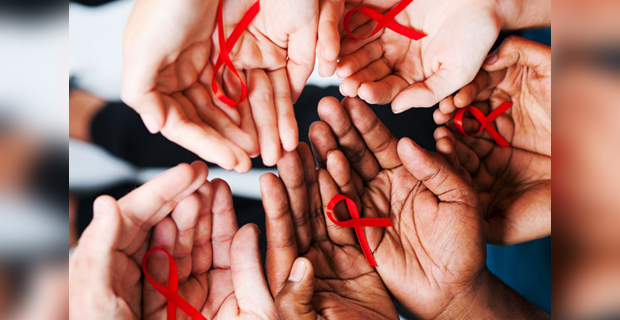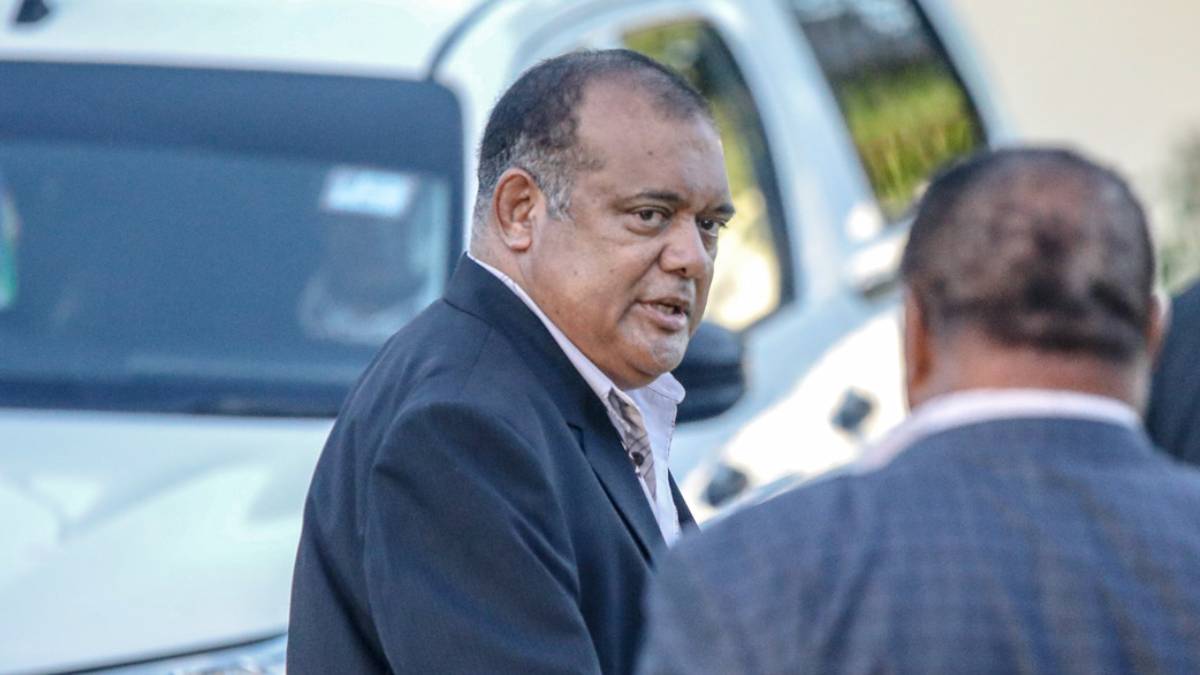
HIV survivor Jioweli Colati is pleading to young Fijians that are the most-at-risk population for HIV/AIDS that they should put an end to their fears – stop googling and to go get tested.
Following the worrying concerns on Fiji having the second highest new reported HIV/AIDS cases in the Asia Pacific region, Colati believes that we can reverse the HIV epidemic by getting tested and treated as soon as possible.
Colati says is part of the first Community Based Point of Care Outreach in cooperation with Reproductive Family Health Association of Fiji (RFHAF), Survival Advocacy Network (SAN), and Strumphets Alliance as they pilot the test with Key Pops community.
He says if you get tested positive for HIV, know that there is treatment available to suppress the virus, and once virally suppressed, you cannot transmit HIV to anybody else.
Colati says for us Fijians we always wait for things to get serious before seeking help.
He says as someone who has been living with HIV for the past 16 years and has been undetectable for 10 years, he truly believes in the power of HIV testing and early treatment.
Colati says if he hadn't been identified and treated early, he would have been dead by now.
He encourages everyone to go for a testing advice or a referral and assures the public their secrecy or privacy is the team's top priority.
The number of new HIV infections in Fiji has surged by a staggering 260 percent since 2010, making Fiji the second fastest-growing epidemic in the Asia Pacific region.
The Health Ministry says a detailed analysis of the data revealed that 245 new cases of HIV were diagnosed last year, the highest ever to be recorded in a year, indicating that new HIV infections are on the rise.
It adds that adults constitute 94 percent (231 cases) and children 6 percent (14 cases).
The Health Ministry says the Central/Eastern Division recorded 135 cases, the West recorded 92 cases, and the North recorded 18 cases of the new infections.
Males were the most affected with 61 percent (150 cases), females recorded 36 percent (88 cases), and transgender with 3% (7 cases). 43 percent of the new cases are among individuals aged 20 to 29 years and 28 percent are between 30 to 39 years.
Stay tuned for the latest news on our radio stations

